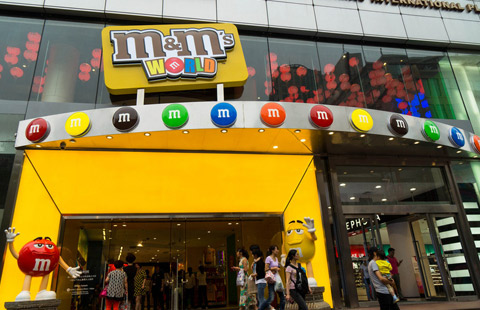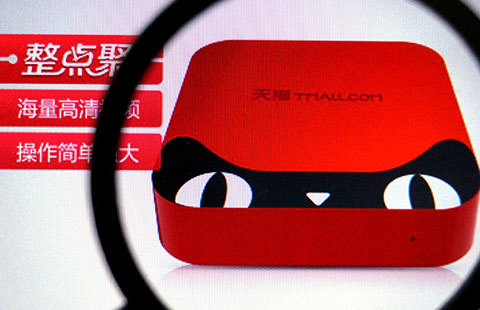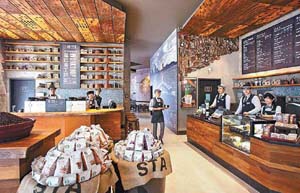Standing tall above the digital crowd
By Wang Zhuoqiong (China Daily) Updated: 2014-06-27 07:06"Part of what is happening in our industry is that media and big companies are investing heavily in the development of new technology and consumers are adopting them," he said. "But the bottom line is that we still need to come up with insights and ideas. Innovation needs to be driven by ideas while entrepreneurship, technology and creative business, though fuelled by data, are not that determinative."
Andree, however, said that there has been a sea change in the global advertising landscape. "Advertising is an old industry. When I started working, it was all about diversion of customer attention ... now it is all about how you can add value and not diversion."
The actual content, however, needs to be relevant as the main purpose of advertising is to increase the overall value of the products and services, he said.
Dentsu has in the last decade gone from being a company with just 4 percent of its revenue coming from global operations to a firm that generates more than 45 percent from overseas markets through its strategic expansions all over the world, especially its acquisition of Aegis Media in 2013. Along with the big increase in overseas revenue, Dentsu Aegis Network also boasts of the highest percentage of revenue from digital business at 42 percent, thanks to its sharp digital focus.
"Digital business is the mainstay of our revenue, while 10 years ago, it was just 3 to 5 percent. We have to move to a stage where our business will not be judged by output, or by any other yardstick, but rather by the outcome," said Andree.
Dentsu Aegis Network offers a full spectrum of products and services including marketing and communications strategies through digital creative execution, media planning and buying, mobile applications and content creation. It operates in more than 110 nations and regions around the world through its eight global network brands such as Carat, Dentsu, Dentsu Media, iProspect, Isobar, McGarryBowen, Posterscope and Vizeum.
In 2010, Dentsu consolidated its operations in Americas, Europe and Australia by launching Dentsu Network West and appointed Andree as CEO. DNW became the fastest-growing agency network in North America and was later named one of "World's Most Innovative Companies" by business media brand Fast Company.
Under Andree's leadership, Dentsu's global operations grew both organically and through acquisitions such as ATTIK, McGarryBowen, 360i, Firstborn, Bos, LOV, Taproot and Mitchell Communications Group. "There is general perception that Japanese companies are slow and bureaucratic," he said. "I don't find it to be true at all. In our case, it is the great leadership and the ability to make bold decisions at the right time that aided the rapid progress."
China, Andree said, has been one of the key markets in its renewed digital focus. Dentsu opened its first representative office in China in the 1980s, and it has gathered pace since then to be the top digital player in the country. In 2013, Dentsu Aegis Network acquired local digital agencies such as Catch Stone, OMP, Trioisobar and Verawom, to further enhance its digital capabilities in China.
According to Amdree, acquisitions have helped Dentsu Aegis Network expand its business. "When you look at China, you will see that we are present in most of the first-tier cities. But with a lot of growth slated to happen in the next tier cities, we need to expand our presence further in China and M&As (mergers and acquisitions) are certainly on our radar," he said.
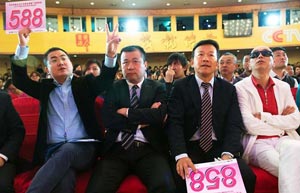 |
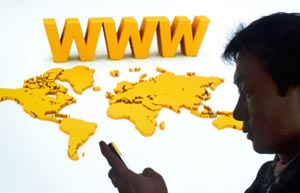 |
- Transformers dominates China box office
- China's impact beyond commodities
- Mauritius and China Southern Airlines sign partnership agreement
- M&M opens its first Asia flagship store in Shanghai
- Auto manufacturing plants to disappear in Australia
- Hyundai Motor set to expand production at Brazil plant
- China's second-largest hydropower station in full operation
- WTO starts 5th trade policy review of China
